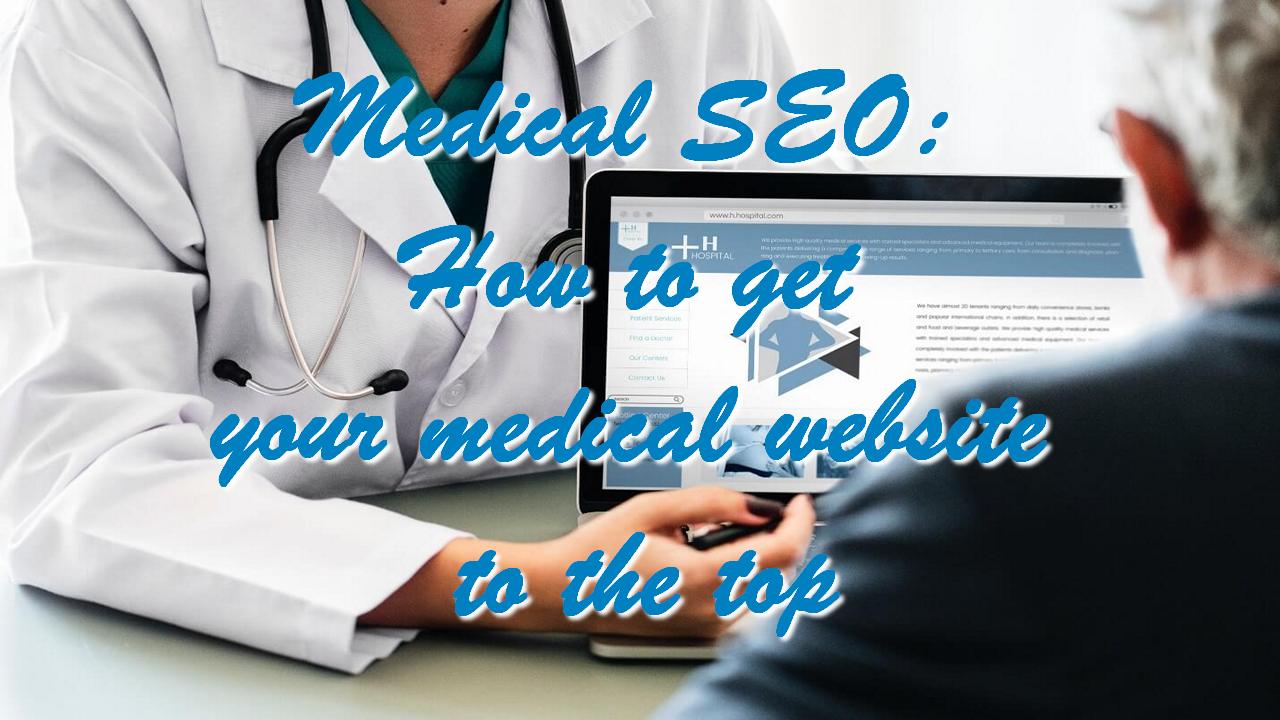Search Engine Optimization is a great factor in determining whether people will see your content or not. We have to unpack the minds of medical website developers to understand how SEO works and the practices we have to launch on the website.
The importance of SEO
Before trying to understand the technical aspect of SEO, we need to know its importance. Medical SEO is important as it ranks your content in relation to the algorithm in the search engine. What we know is that there are temptations to conform to the “secrets” of marketers. The secret is that there are no secrets and no shortcuts. Things have changed because Google or any other search engine out there has realized how stupid you are. Stupid, since you rely on old-fashioned tactics to work on a search engine that is constantly evolving and changing.
We are not saying that a strong healthcare SEO agency doesn’t require money and time, or both, in order to be #1. It does. All we’re saying is that there is a greater need to focus on the efforts inputted by your healthcare SEO agency.
It is safe to say that most Search Engine Optimization tools are online and offline. Both platforms must be played to the correct tone for effective ranking in the search engine. We will discuss the two in detail.
Online healthcare SEO strategy

In these terms, we are talking about the code, images, and words inserted into the website. If you think that your website is different from Instagram, then you are wrong. The type of content that you post has a dramatic effect on the ranking you will receive. This part is mainly covered by website developers, photographers, content creators, and writers of your healthcare website.
Title tags
This is what is displayed to the user when they search for a medical service on the internet. Title hags are an HTML element that serves as part of the advertising process. As a medical provider, you should be deliberate about the word used in your titles. Research on the ones that are most common and obvious by using a search engine and seeing what titles pop out first.
Site speed
This is a metric for how fast your web pages load. It is a great algorithm for Google to determine whether your page will fall under the Search Engine Results Page.
Accessibility
Among your patients, there are disabled people who may want to access your website. These situations are not exceptional anymore, and it’s better to adapt to the ADA policies.
Mobile responsiveness
This refers to the display portrayed on mobile phones. This should be a major factor in your SEO strategy because smartphones are more accessible and cheaper to your clients. It would be a good way to test the website design and navigation.
Offline SEO strategy

This technique will work if other healthcare-related websites have links to your website. These referrals will generate more clicks when it comes to search engine results. You will need this attention to be able to be known in a real and genuine manner. Your sources should be the following:
Press releases
This informs major journalists and healthcare publications that a new service or product is being launched. This creates a serving of awareness of the public that you are in the medical practice.
Blogs and articles
These are really great for SEO because they help to provide answers when clients have questions. It would be great if you hired a content creator or had a blogger who could mention your organization occasionally.

